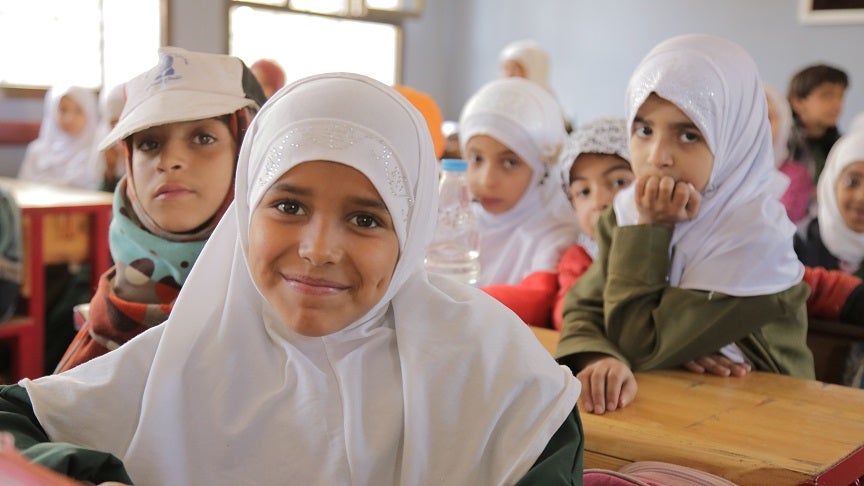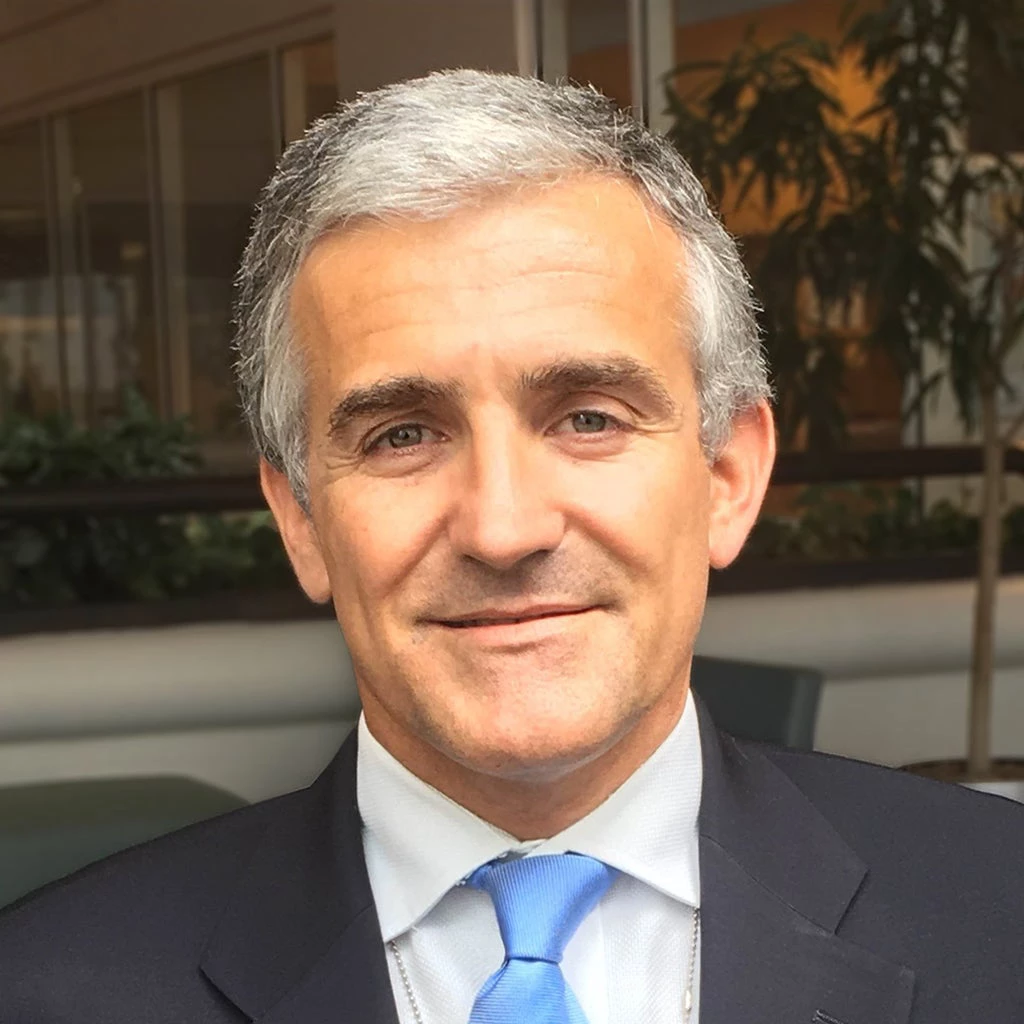
Creating sustainable peace and development solutions for countries affected by conflict, crisis and violence is a global responsibility for the international community.
At the United Nations General Assembly this week, the UN and the World Bank, together with the International Committee of the Red Cross (ICRC) launched the Famine Action Mechanism (FAM), the first global partnership dedicated to preventing famine. With support from the world’s leading tech companies, the FAM aims to use data and state-of-the-art technology to pair decision-makers with better, earlier famine warnings and pre-arranged financing. Our work on the FAM is the latest example of how our organizations are joining forces to reduce the risk of global crises.
Since 2010, the world has experienced more and increasingly more complex crises – violent conflicts, financial crises, pandemics, famine and much more. Crises at the national level are increasingly intersecting with global and regional trends – such as climate change, demographic shifts, and new technologies – with effective responses requiring increased cooperation among humanitarian, development and security partners, each group bringing its own set of skills, tools and resources to the challenge.
A year ago, taking note of the increased calls for collaboration between the United Nations and the World Bank in response to these changes, and following the World Humanitarian Summit and the General Assembly and the Security Council resolutions on sustaining peace, UN Secretary-General António Guterres and World Bank Group President Jim Yong Kim signed the UN-WB Partnership Framework Agreement for Crisis-Affected Situations. The agreement committed our organizations to work closely together to build the resilience of the most vulnerable, mitigate risks and sustain peace in situations of violent conflicts and protracted humanitarian crises. We are proud of the commitments made under this agreement, and together with colleagues working across our organizations, fully believe that cooperation will help improve the impacts of our work, and the work of our partners, in countries and communities where it counts.
We are pleased to report that this collaboration, involving humanitarian, development and peacebuilding activities, is bearing fruit. In Yemen, the Bank, through its International Development Association (IDA), is working with several UN agencies (UNDP, UNICEF, UNOPS, and WHO) to provide cash transfers, employment opportunities, health care, clean water, and improved sanitation to Yemeni citizens suffering from the effects of a violent conflict, a cholera outbreak and severe food shortages. In Chad, a World Bank emergency food and livestock project, is being implemented together with FAO, WFP and UNICEF, to support refugees , as well as returnee and host communities in the south. In Central African Republic, and Mali, the Bank is working with UN Peacekeeping Operations and agencies to offer critical development support to address the drivers of insecurity. At the same time, we continue to scale up our efforts to align planning and assessment processes behind national peacebuilding and recovery efforts in crisis-affected situations, with joint plans developed in Cameroon, Liberia, and Nigeria.
We are excited about this partnership and we welcome collaboration and action by governments, global and local partners and the private sector, which we know have a key role to play.
Our approach to crisis prevention is laid out in our joint report, Pathways for Peace which provides empirical evidence and a conceptual framework for addressing the grievances that can lead to violent conflict. We are now working together to implement the study’s main findings and recommendations with the goal of building the resilience of the most vulnerable people, helping lift them out of poverty and ensuring they have the opportunity for a brighter future.



Join the Conversation